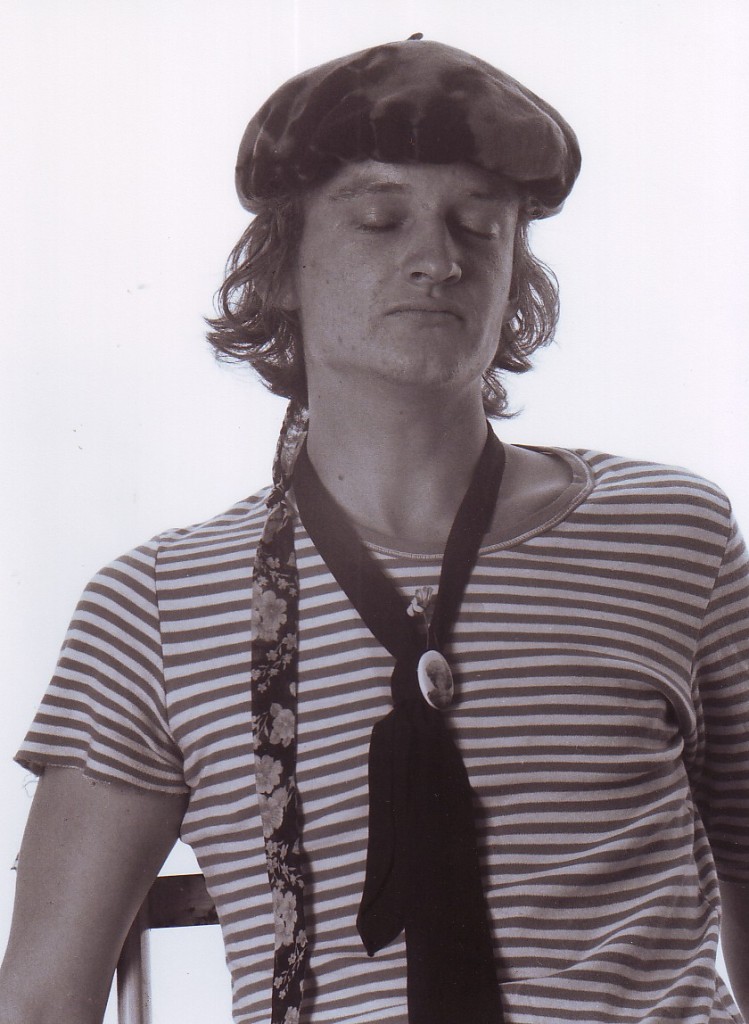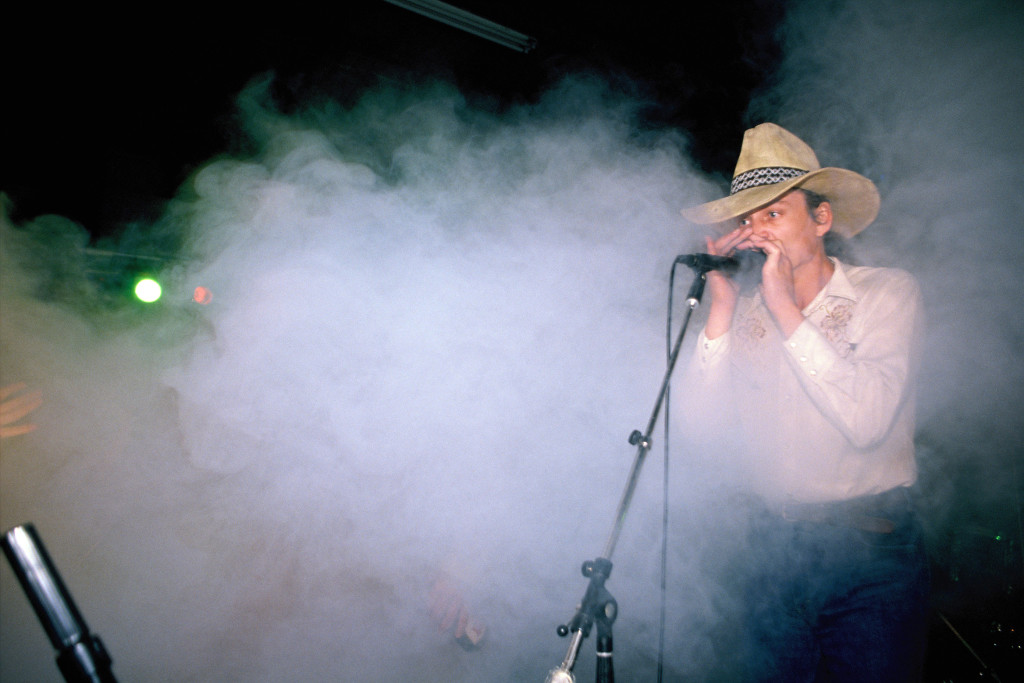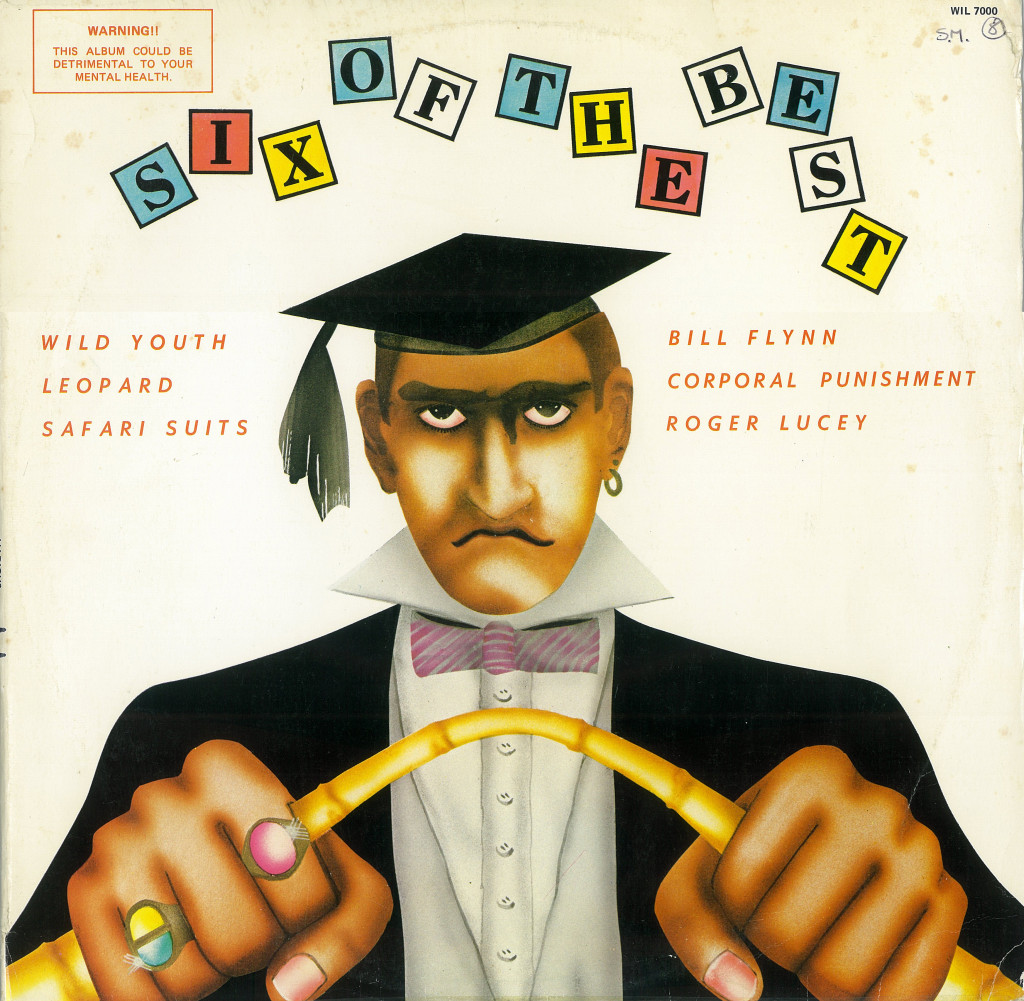A long, long time ago a barefoot poet wrote a song that changed a generation.
The name of the musician was James Phillips and today marks twenty five years since he died as a result of injuries sustained in a car accident.
James’s mother recognised very early that her son was gifted. Phillips once told her how, instead of words and thoughts, his brain was filled with music that he simply had to “let out”.
Phillips with his friend, Carl Raubenheimer formed the bands Corporal Punishment and Illegal Gathering. The musicians struggled to get a record deal, however two Corporal Punishment songs were included in the Six of the Best Compilation.
Many of the songs by the Corporals and Illegal Gathering were scathing in their criticism of the apartheid government. Johnathan Handley, founder of the band, the Radio Rats said, “…the Corporals were completely fucking unacceptable. They smoked dope and were very political”.
Phillips, like other young white men at the time was conscripted to perform his national service, which he hated. As was the case for Dirk Uys (who went on to manage the Gereformeerde Blues Band) and Dan Heymann (who wrote the classic song Weeping while in the army), instead of instilling discipline, the army made Phillips reject the status quo even more. He wrote the songs Snor City and Hou my vas Korporaal about his time in the army.
These songs were later recorded by Phillips, using the alter ego Bernoldus Niemand and appeared on the album, Wie is Bernoldus Niemand?, released by Shifty Records.
Link to an article by Shaun de Waal in the Mail & Guardian about Hou My vas Korporaal over here Hou My vas Korporaal
Another poet and misfit, André le Toit stumbled across the Bernoldus Niemand album at a flea market in Cape Town. Unable to resist its lurid purple cover, le Toit bought the record and was blown away by the music on this album. For the first time, the lyrics of the songs were addressing the socio-political issues in South Africa in Afrikaans, instead of being about the beauty, fauna and flora of the country, which had been typical of Afrikaans pop music until that point. The music inspired le Toit (who would later change his name to Koos Kombuis) to record a demo for Shifty Records, which was eventually released as the album Ver van die ou Kalahari.
This album, in turn would trigger a series of events that would culminate in the formation of the Gereformeerde Blues Band and the Voëlvry tour.
Kombuis has acknowledged the contribution that Phillips made to Afrikaans pop music, he wrote in his memoir that the song, Snor City let the genie out of the bottle and that without Phillips there would be “absoluut fokkol”.
Journalist Shaun de Waal called Phillips the “key rock ‘n roll intelligence of the Eighties” and went on to say, “he was as appreciative of Shostakovich as he was of the Stones. He was always a rake among scholars and a scholar among rakes”. In Phillips’s obituary, de Waal said that Phillips had been South Africa’s Bob Dylan.
So let’s toast James on this sad day, but also remember his silly side and incredible love of words, his country, music and cricket. Let’s celebrate his ability to mimic accents and his love of puns. Let’s remember how James called a popular television program at the time known as the “Shell Road to Fame”, the “Hell Road to Shame”. How he renamed a television talk show, hosted by Dali Tambo, “Poephol of the South” instead of “People of the South”.
Link to the SAHA James Phillips tribute page over here SAHA – Famous for not being Famous
You can read more about James Phillips on this website by clicking on James Phillips
Credit for the Black and White photo of James Phillips-Shifty Music/Retro fresh Archive. Six of the Best Album cover – Retro Fresh.
The colour photo of James was taken by Steven Hilton-Barber.



